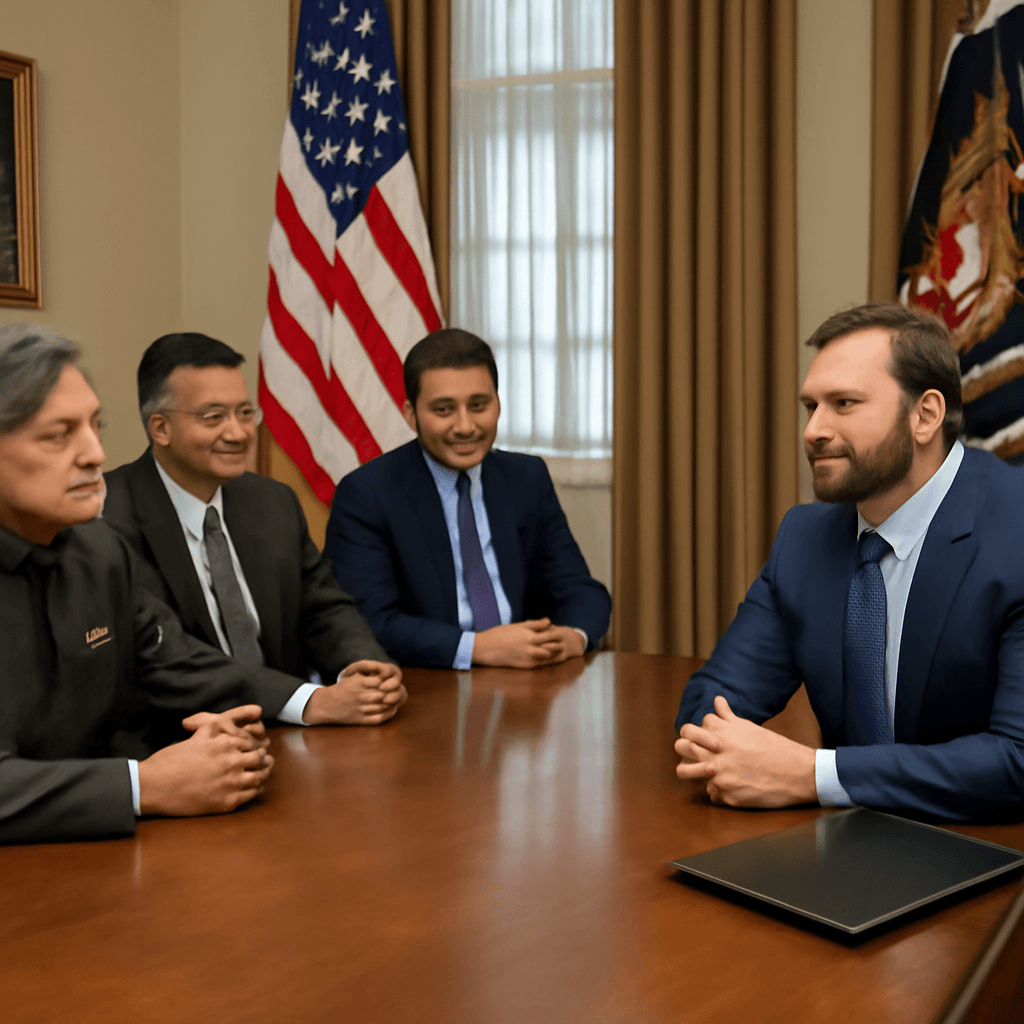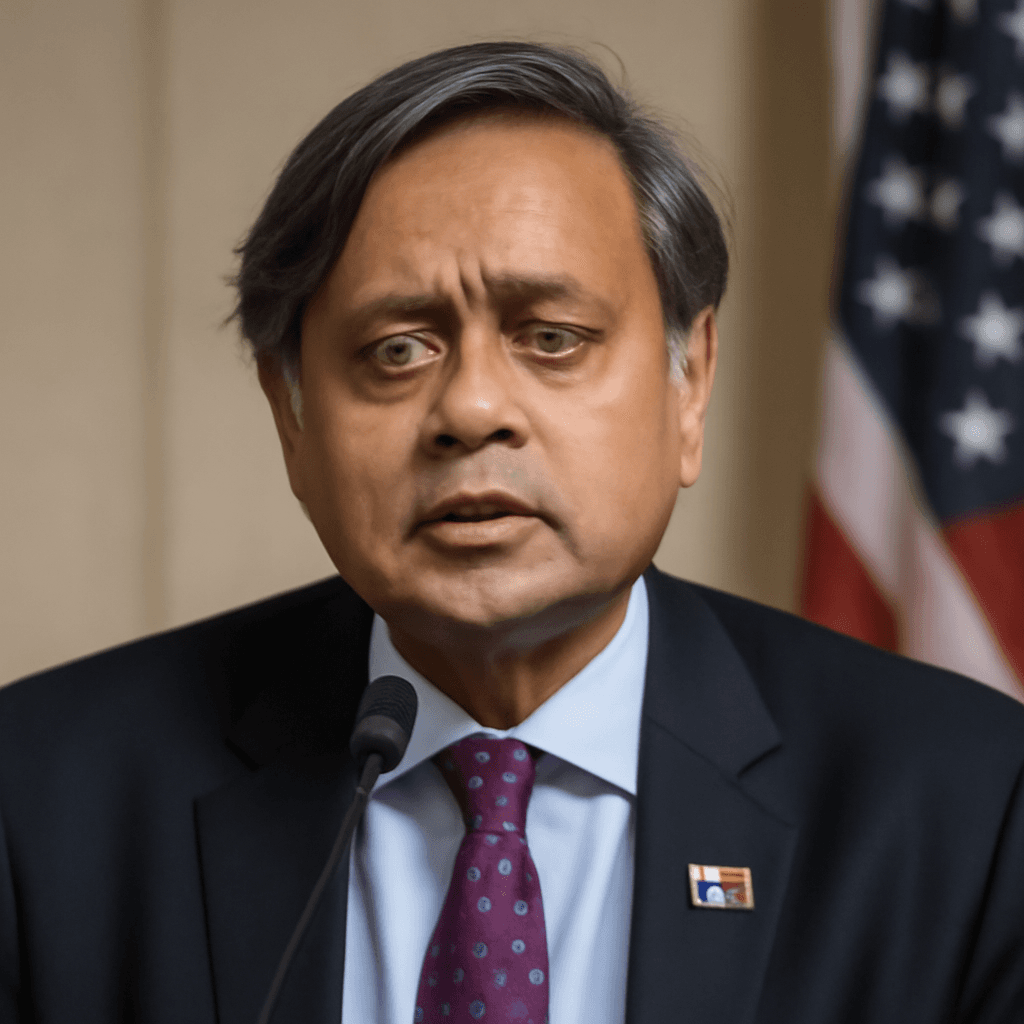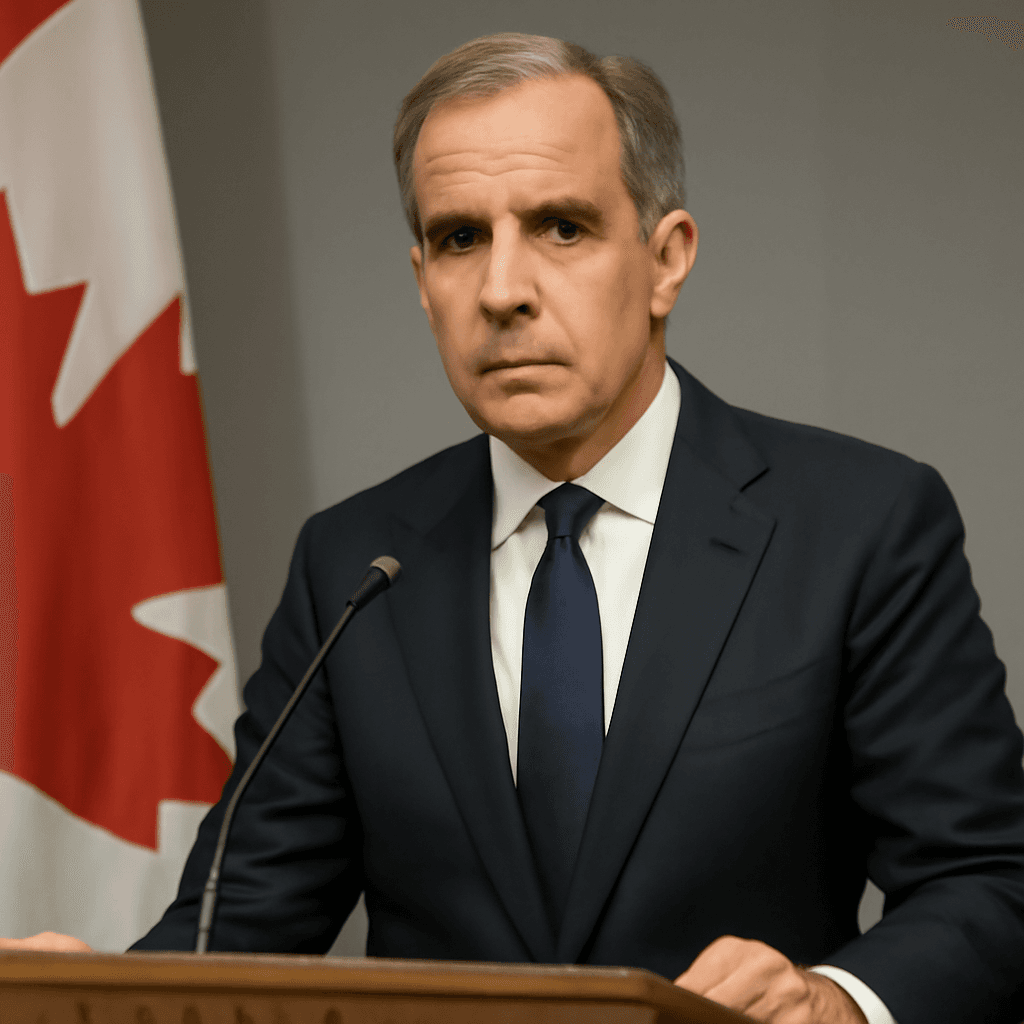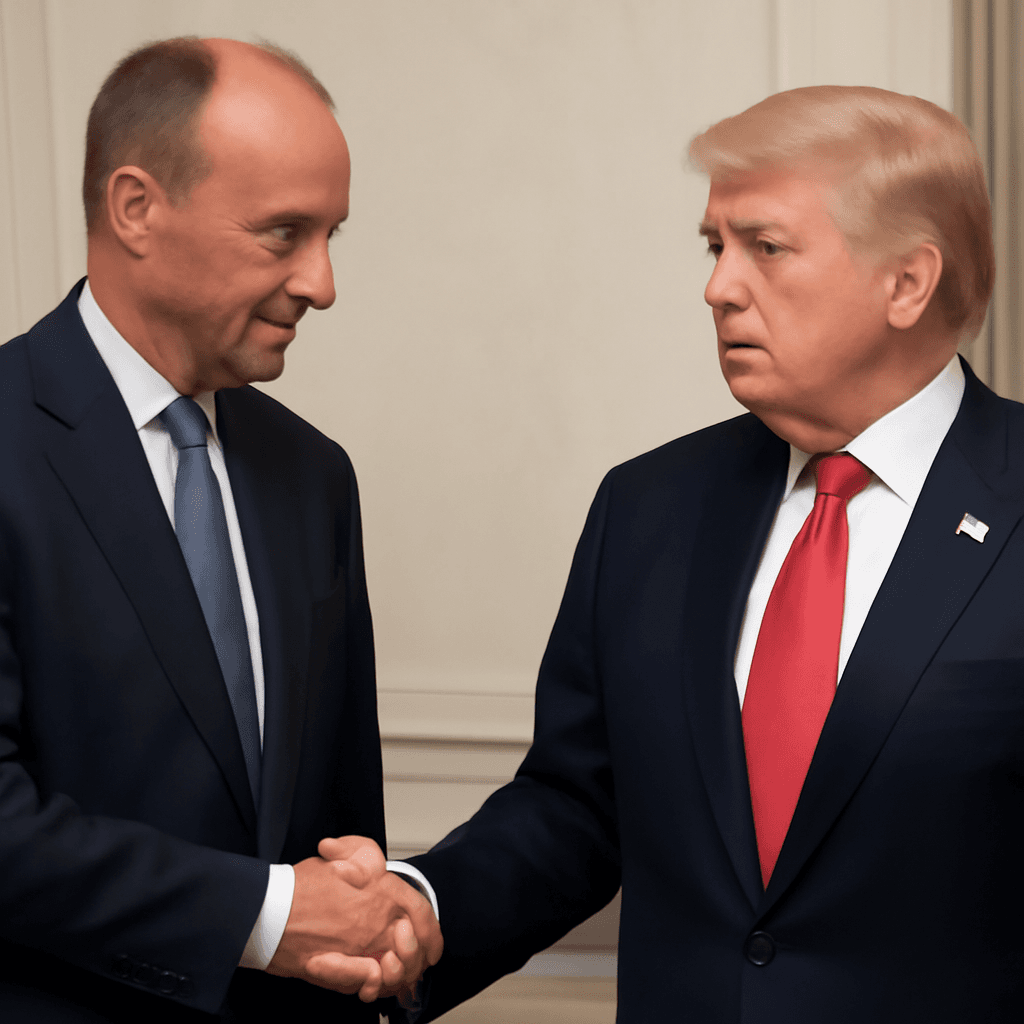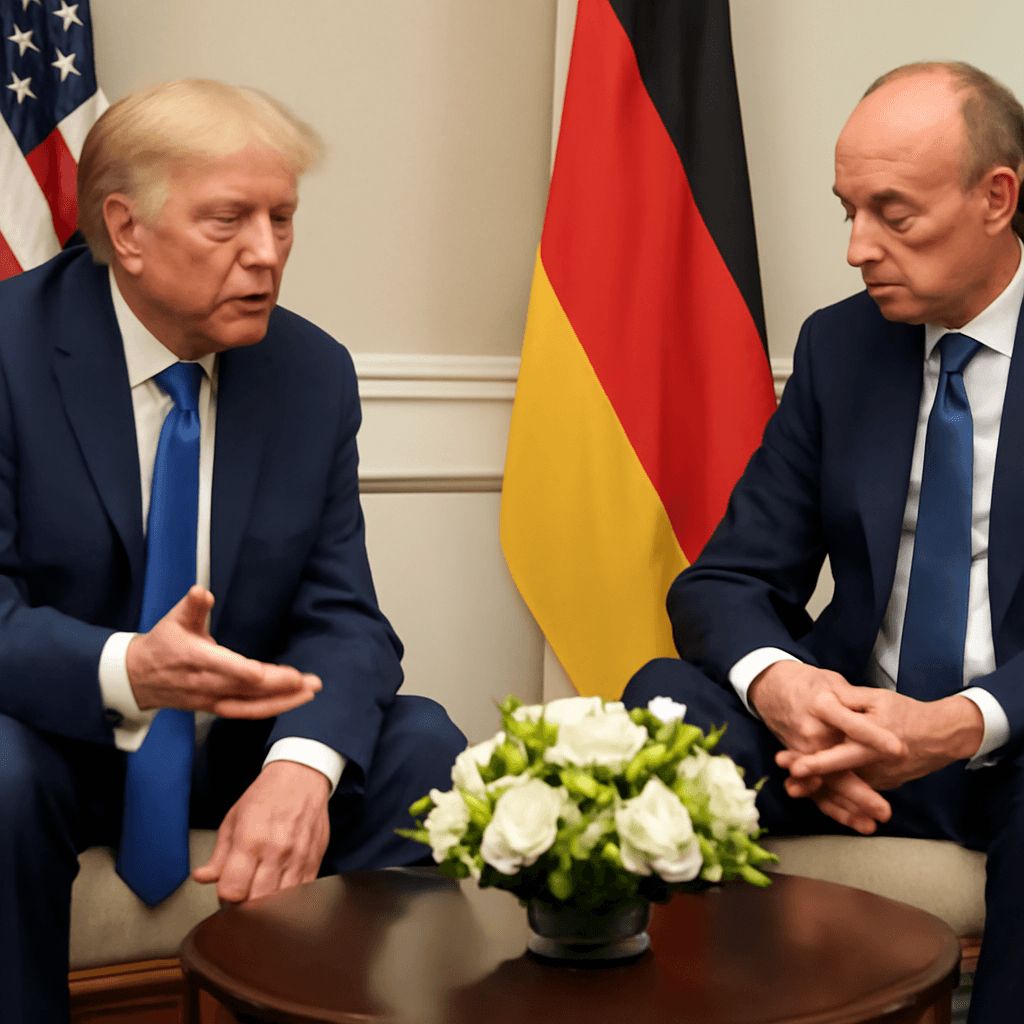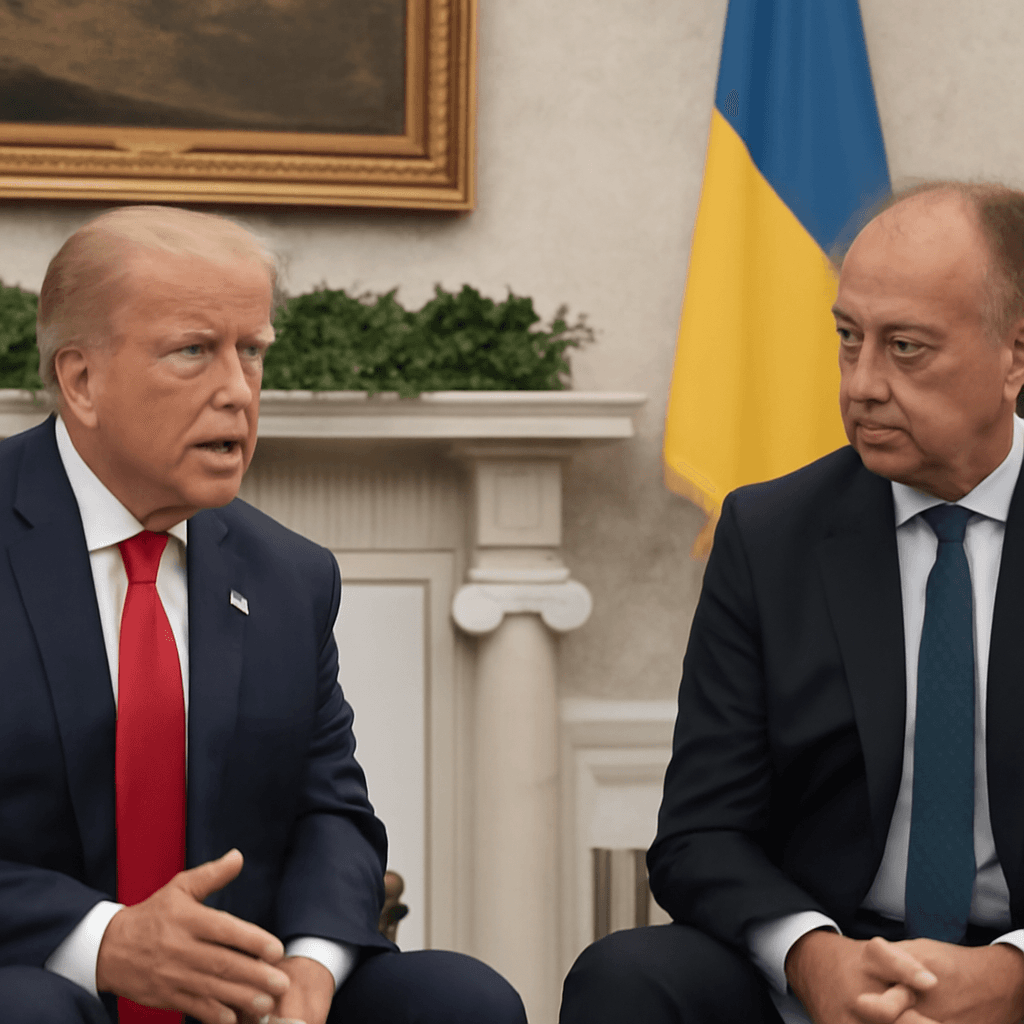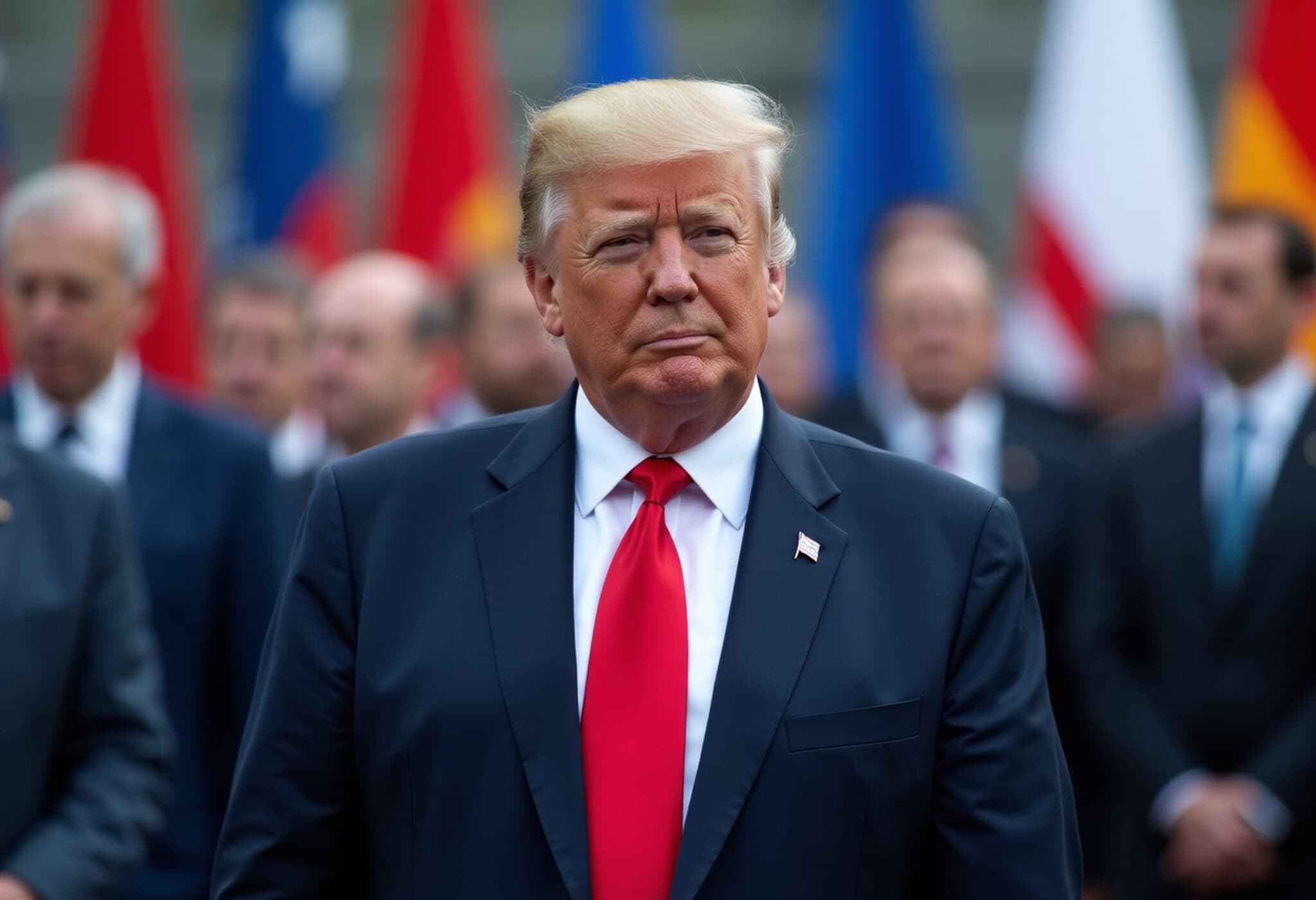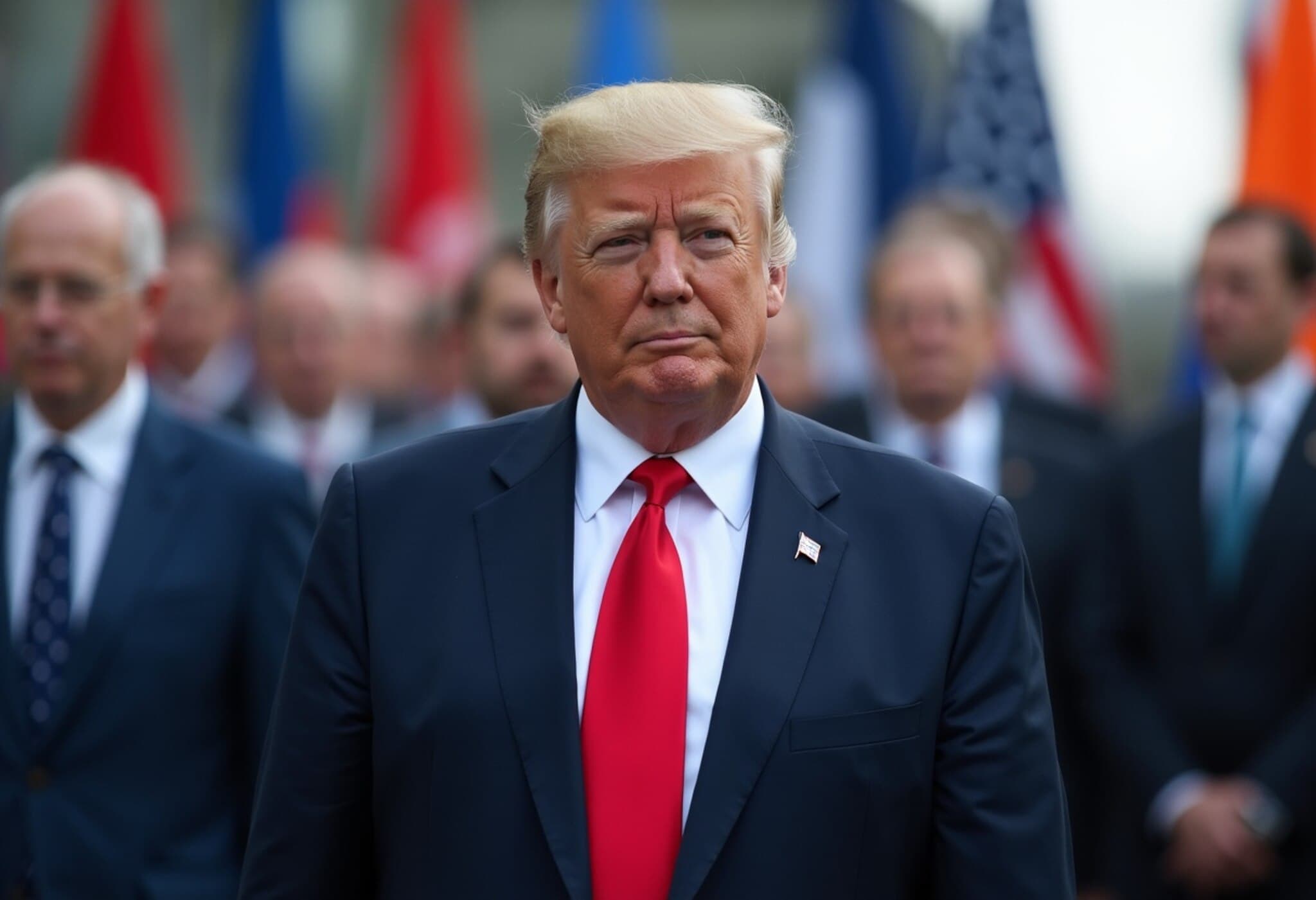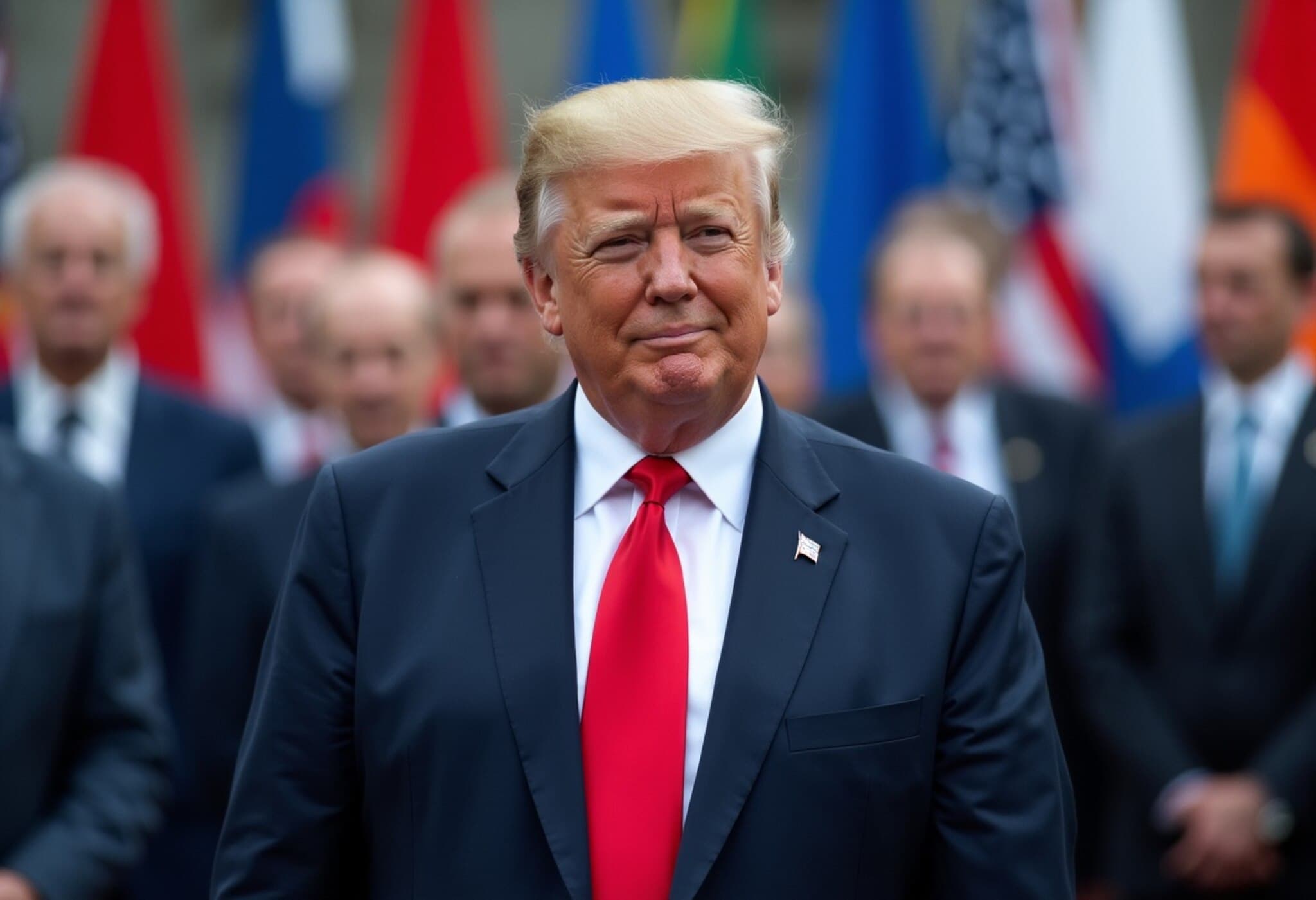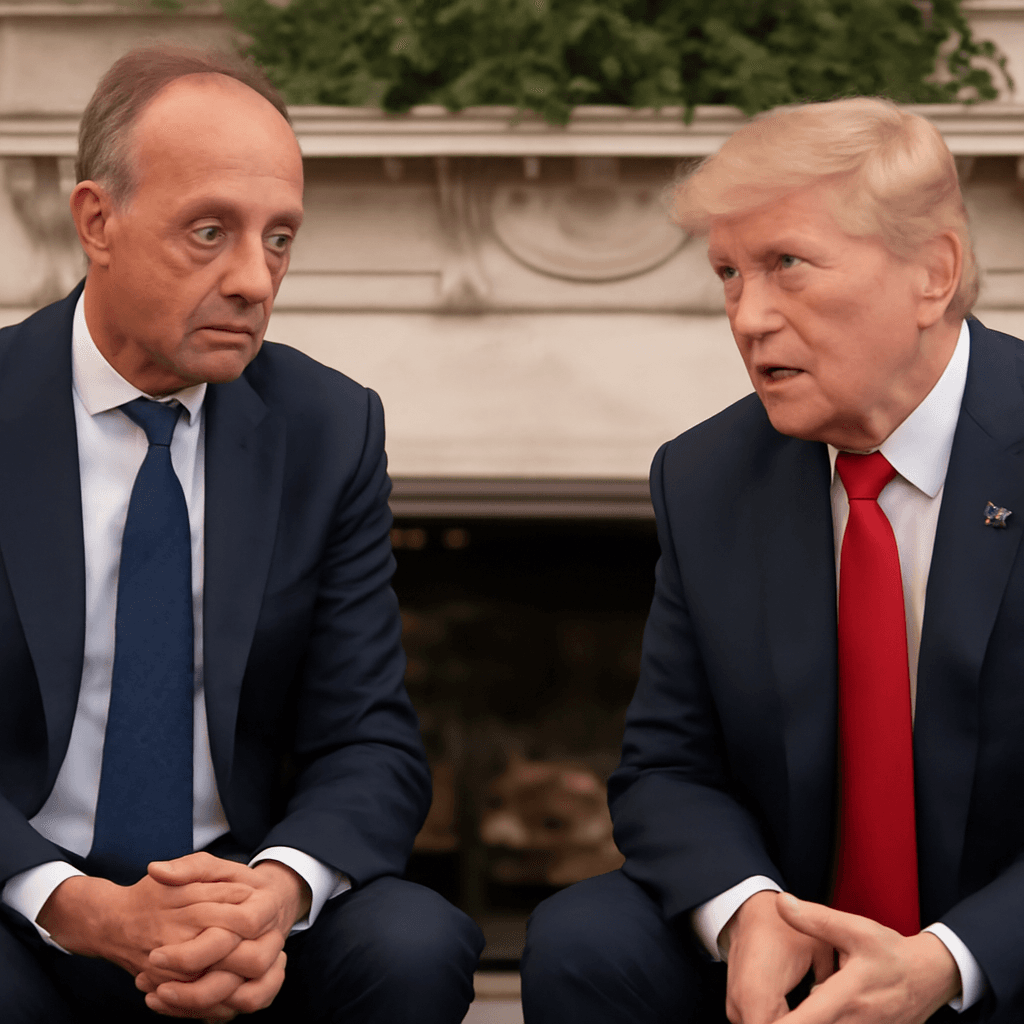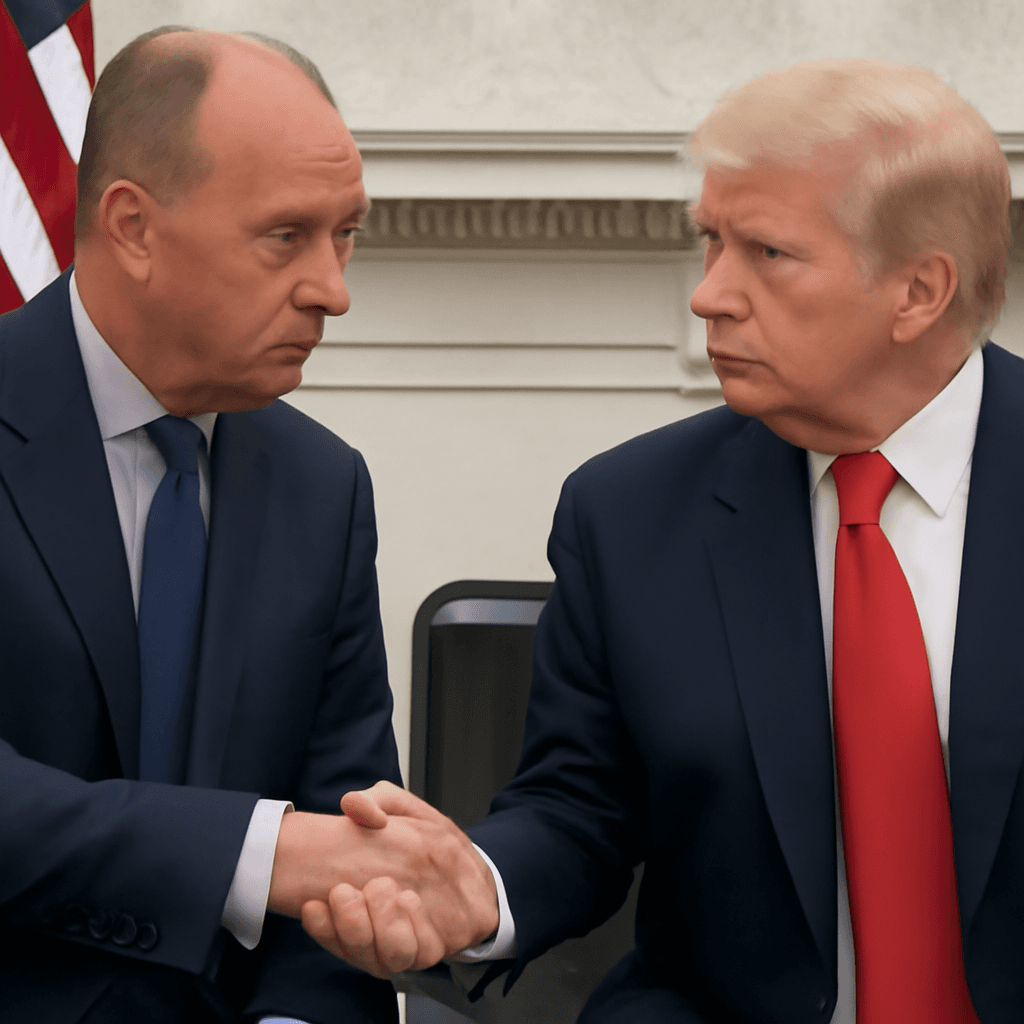Overview of the Oval Office Meeting
German Chancellor Friedrich Merz is scheduled to meet with former US President Donald Trump in the Oval Office, amid ongoing tensions related to Ukraine, trade tariffs, and political differences. This high-stakes encounter has raised speculation about the potential for a confrontational exchange, given Trump’s previous criticisms of Germany and complex US-German relations.
Key Issues on the Agenda
The discussion is expected to cover critical topics, including:
- Ukraine: Differing approaches to support and policy stances.
- Trade and Tariffs: Particularly regarding German car exports, a sensitive area within US-EU trade relations.
- NATO Commitment: Germany’s defense spending and alliance obligations.
- German Domestic Politics: The rise of the far-right Alternative for Germany (AfD) party and its perceived connections with US political figures.
Political Context and Tensions
Donald Trump has expressed public disdain for Germany in the past, labeling the country with critical remarks, which places Chancellor Merz in a delicate position. Merz has previously advocated for greater European independence from the United States and criticized the former US administration’s approach to Europe. These positions may prompt challenging questions from Trump during their exchange.
Simultaneously, Merz has adopted policy stances that align with some of Trump’s priorities, including increased defense spending and stricter migration controls, potentially facilitating a more congenial interaction.
Efforts to Foster a Positive Relationship
There are indications that both leaders may find common ground. Merz and Trump share backgrounds as businessmen and golf enthusiasts, which could help ease diplomatic friction. Trump’s invitation for Merz to stay at Blair House—the official guest residence—signals an attempt to create a welcoming atmosphere.
Moreover, Merz has extended an invitation for Trump to visit his ancestral village in Germany, strengthening personal and historical ties. These gestures suggest a mutual interest in building constructive rapport despite underlying disagreements.
Challenges and Cautions
Despite these positive signals, past incidents demonstrate how quickly discussions can become contentious. Trump’s unpredictable remarks during previous foreign visits, such as unfounded allegations and criticisms of allies, have caused diplomatic strain. Additionally, comments from Trump's associates criticizing Germany’s political landscape and intelligence agencies add complexity to the meeting.
Merz has prepared for these challenges, reportedly studying prior Oval Office interactions to maintain composure and direct the conversation effectively.
The Future of US-German Relations
Since Merz’s election, there has been a notable shift toward closer cooperation with the United States. The German government has pledged significant increases in defense spending, targeting up to 5% of GDP, a dramatic rise from current levels just above 2%. This move aims to address US concerns about Germany’s defense commitments within NATO.
Merz has also abandoned previous rhetoric about European independence, emphasizing the indispensable role of the US for Europe’s security. This signals a strategic alignment intended to strengthen transatlantic ties.
Preparations for a Delicate Dialogue
Ahead of the encounter, Merz emphasized his readiness to address sensitive topics openly if raised by Trump but remains optimistic about the meeting's outcome. The German chancellor highlighted the enduring importance of the US-Germany alliance for the security and prosperity of Europe.
This meeting represents a critical moment to recalibrate bilateral relations amid complex geopolitical challenges and domestic political shifts in both countries.




